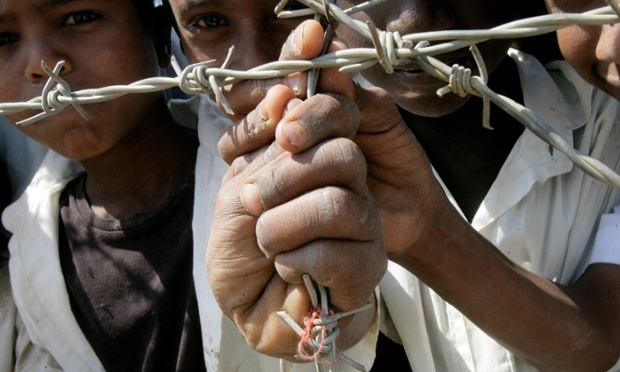PBS: Escaping Eritrea … [Read More...] about ካብ ውሽጢ ቤት ማእሰርታት ኤርትራ
Recent UK guidance that Eritrean asylum seekers can now safely go home comes under scrutiny as commission finds signs of crimes against humanity
The UK is to “carefully consider” the findings of a UN inquiry that concluded the Eritrean government may be subjecting its citizens to crimes against humanity, contradicting British guidance that has deemed Eritrea safe for migrants to return to after leaving illegally.

